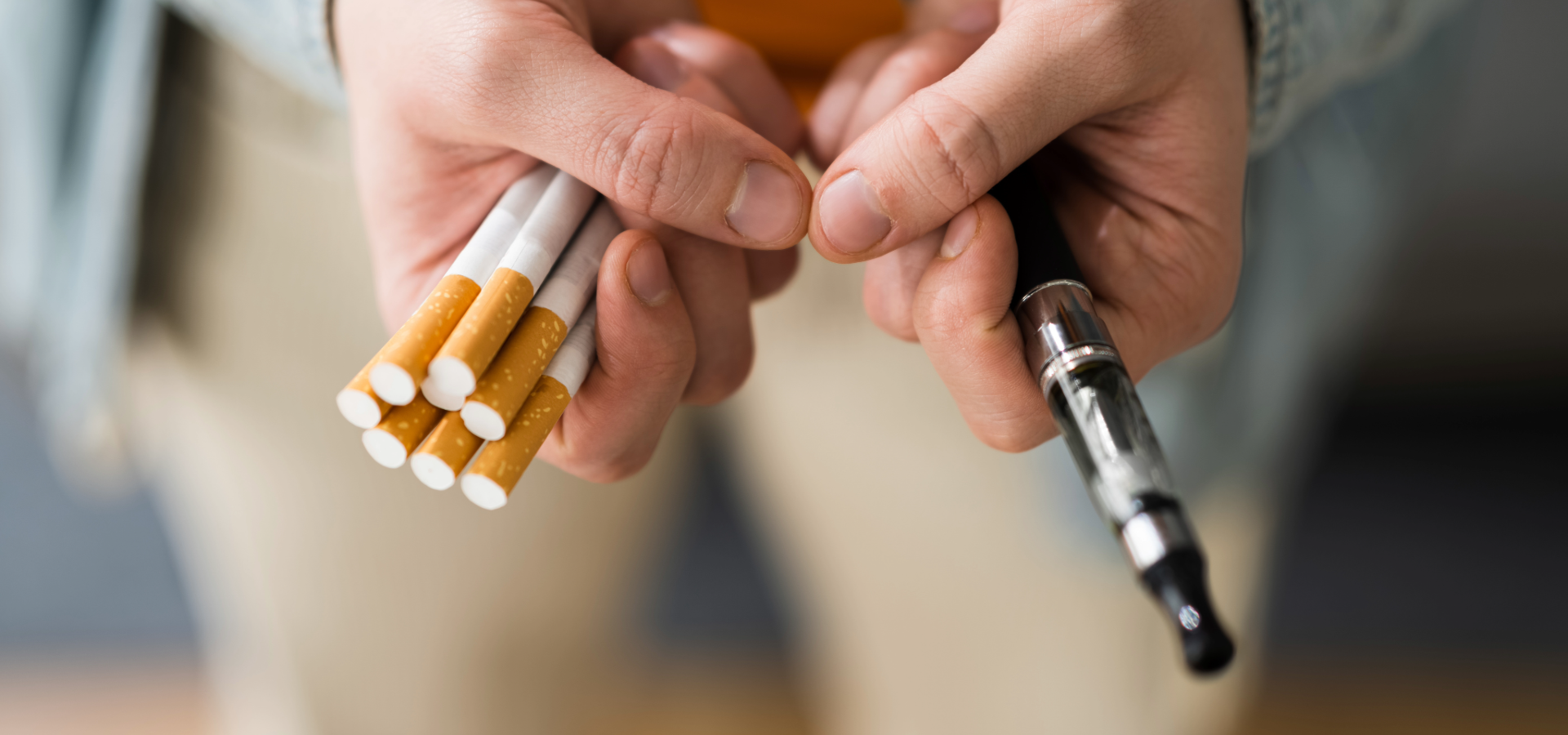Rishi Sunak's Five-Stage Plan: Navigating the Evolving Landscape of Vape Regulation
Back in October 2023 we released our exclusive Serve Legal data highlighting how 70% of young people surveyed believed that Rishi Sunak’s cigarette ban would lead to an increase in illegal proxy sales, further complicating the age verification landscape in the tobacco and e-cigarette industry. As part of this proposed ban, the government announced restrictions on disposable vape products which 85% of our survey respondents believed would yield positive outcomes on the environment, with 45% believing it would dissuade people from vaping.
Three months later, the government reaffirmed their pledge, with Rishi Sunak announcing a new five stage plan. These proposals follow last year's announcement of a ban on the sale of cigarettes to anyone born on or after 1 January 2009 as part of an attempt to create a "smoke-free generation”.
- Ban disposable vapes: Upon implementation, retailers will be given six months to implement the ban of disposable vapes.
- Restrict flavours and packaging: The government will also have powers to regulate the sale of refillable vapes, including flavor restrictions and plain packaging requirement.
- Changes to the way vapes are displayed in shops: a focus on preventing marketing targeted at children.
- Stop children’s access to vaping alternatives: namely, nicotine patches.
- New fines for shops who sell vapes to children: additional fines will be imposed on shops caught selling vapes illegally to children. Local authorities will be able to impose a maximum fine of £2,500; the government have announced a £30million package to support the enforcement of this.
Disposable vapes, often sold in smaller, colorful packaging, are identified as a significant contributor to the rise in youth vaping. Although it is already illegal to sell vapes to anyone under 18, the government aims to strengthen regulations to curb the alarming increase in youth vaping. The ban is expected to be introduced across the UK.
Exclusive Serve Legal audit data from 2022 and 2023 show us that the age verification compliance rate for vape sales has shown a notable increase, rising from 73% to 75% over the past 12 months. This data reflects the diligence and commitment of retailers in upholding age verification protocols amidst evolving regulatory environments. Delving deeper, we observed distinct disparities in compliance rates across different types of retail establishments. Supermarkets emerged as the frontrunners, with a ‘pass rate’ of 83% in 2023. This lead could likely be attributed to supermarkets' robust age verification processes already in place for other age-restricted products, such as lottery tickets, alcohol, and knives.
On the other hand, vape specialist stores exhibited a comparatively lower ‘pass rate’ of 62%. This observation raises pertinent questions regarding the efficacy of age verification procedures within dedicated vape outlets. While these stores primarily focus on vaping products, their compliance rates suggest potential gaps or shortcomings in enforcing age restrictions effectively.
Serve Legal's comprehensive data analysis underscores the critical role of effective age verification measures in promoting responsible retail practices, particularly concerning the sale of age-restricted products like vaping devices. As regulatory scrutiny intensifies and new laws are proposed by the government, retailers must prioritise age verification protocols to safeguard against underage access to vaping products. Serve Legal is clear that best practice ‘Responsible Retailers’ must conduct independent age verification audit programmes to effectively monitor and manage their underage sales risk.






%20(23).png)


